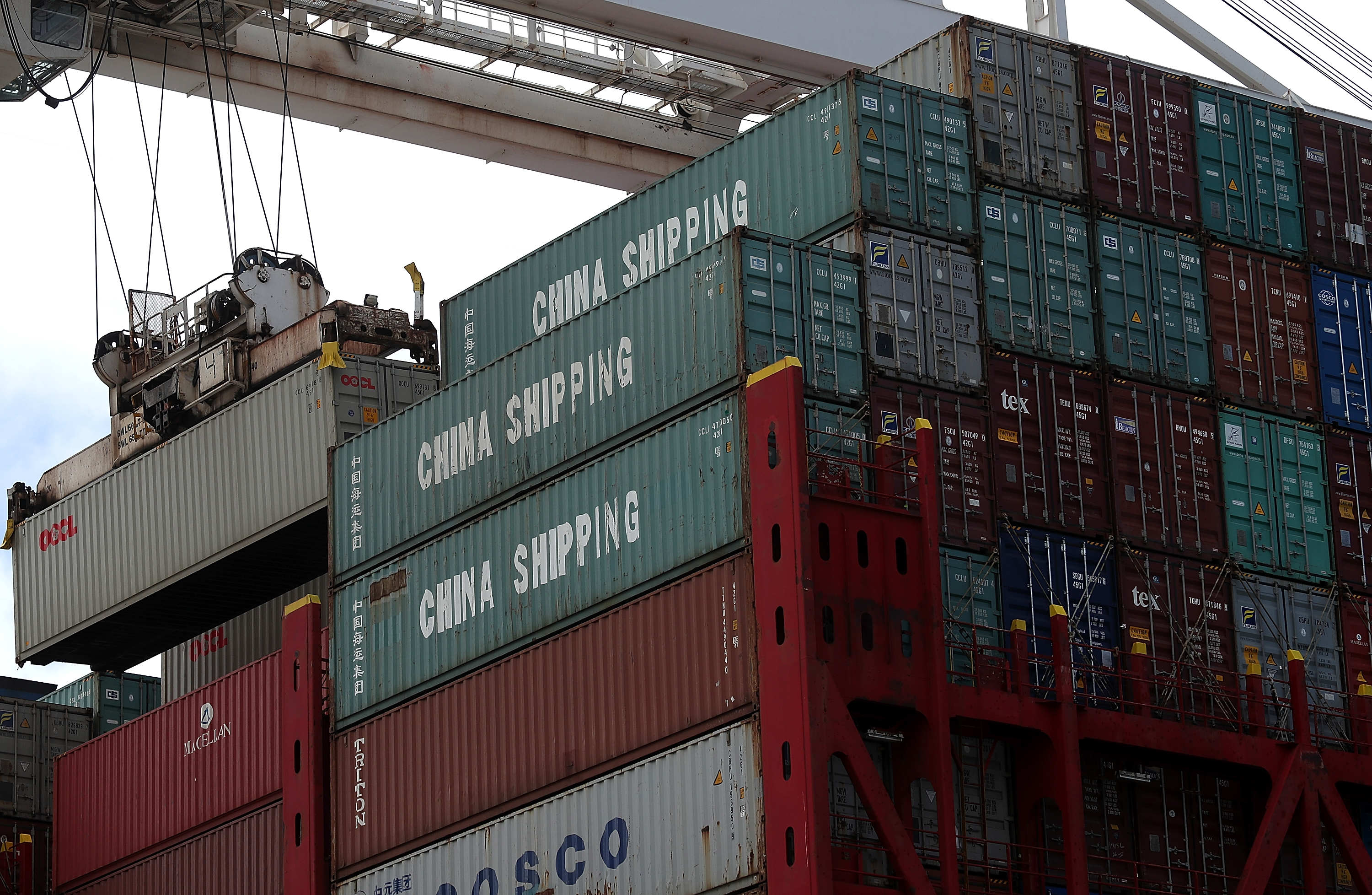China says its retaliatory tariffs on U.S. goods 'took effect immediately'


A free daily email with the biggest news stories of the day – and the best features from TheWeek.com
You are now subscribed
Your newsletter sign-up was successful
President Trump imposed 25 percent tariffs on 800 Chinese products worth $34 billion Friday, and China took little time hitting back. "After the United States imposed unfair tariffs on Chinese goods, our tariffs on part of the U.S. products also took effect immediately," Chinese Foreign Ministry spokesman Hu Chunhua said Friday. China's Commerce Ministry accused Trump of launching "the biggest trade war in economic history" and said "China is forced to strike back to safeguard core national interests and the interests of its people." Beijing's retaliatory tariffs will affect 500 U.S. products, including soybeans, seafood, electric cars, and meat.
Economists say if the U.S. and China stop at $34 billion in tariffs, or even $50 billion, "the overall impact on both economies will be minimal even though some industries will suffer," CNNMoney says. But Trump threatened tariffs on up to $550 billion in Chinese goods Thursday — an amount "bigger than the $505 billion of goods that the United States imported from China last year," CNNMoney notes — and if he made good on his threat, the trade war would cause some serious damage to the U.S. and global economies.
China's state-run China Daily said in an editorial Friday that "the Trump administration is behaving like a gang of hoodlums with its shakedown of other countries, particularly China," and "its unruliness looks set to have a profoundly damaging impact on the global economic landscape in the coming decades, unless countries stand together to oppose it."
The Week
Escape your echo chamber. Get the facts behind the news, plus analysis from multiple perspectives.

Sign up for The Week's Free Newsletters
From our morning news briefing to a weekly Good News Newsletter, get the best of The Week delivered directly to your inbox.
From our morning news briefing to a weekly Good News Newsletter, get the best of The Week delivered directly to your inbox.
A free daily email with the biggest news stories of the day – and the best features from TheWeek.com
Peter has worked as a news and culture writer and editor at The Week since the site's launch in 2008. He covers politics, world affairs, religion and cultural currents. His journalism career began as a copy editor at a financial newswire and has included editorial positions at The New York Times Magazine, Facts on File, and Oregon State University.
